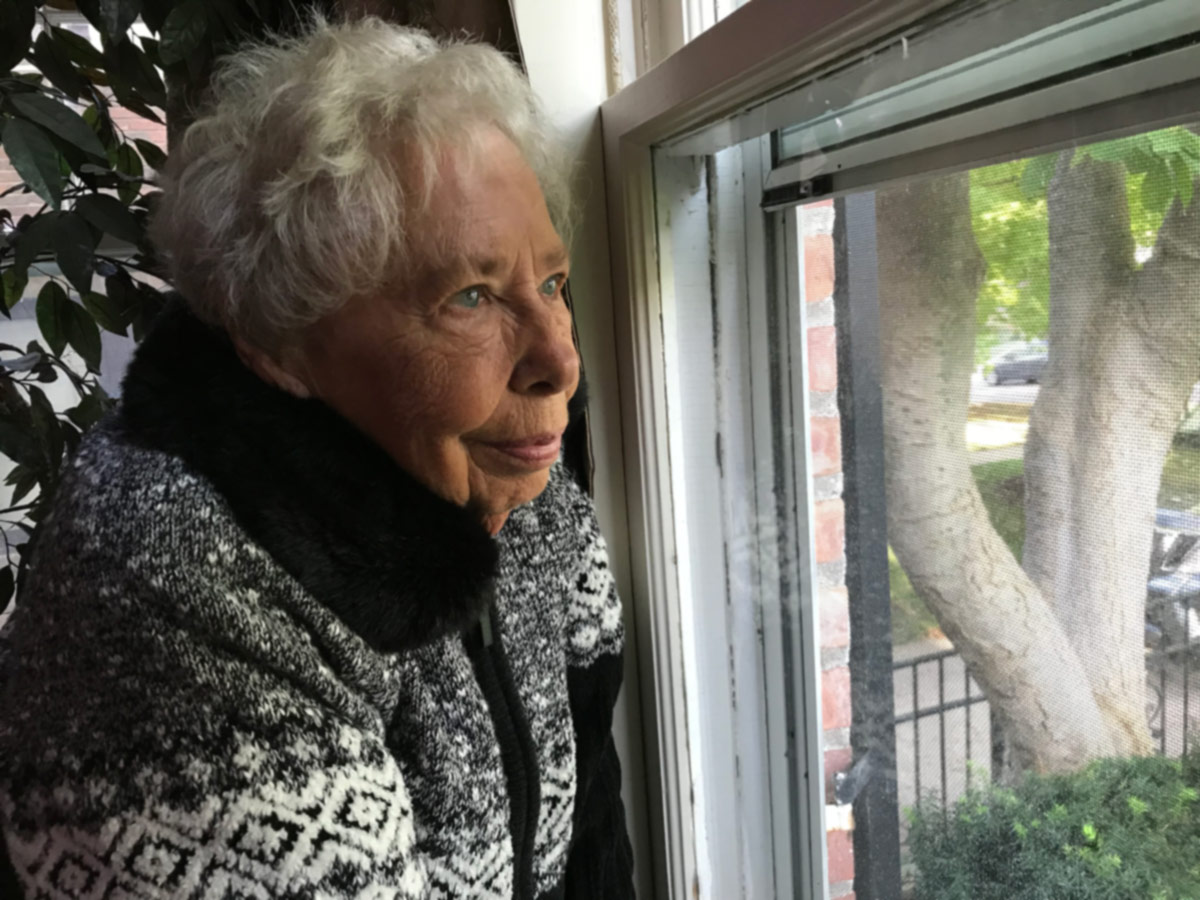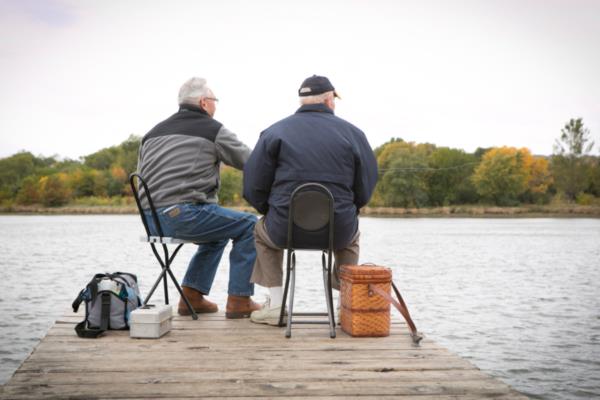If you’ve noticed Mom doesn’t leave the house much anymore, you may rightfully be concerned – especially if she’s not accomplishing essential tasks like grocery shopping or socializing with friends. She might say she simply feels “too tired” to go out, or that she “doesn’t like to drive too much” anymore. Further questioning could reveal the cause to be an anxiety disorder.
Anxiety is a common illness among older adults, affecting as many as 10-20 percent of the older population, though it often goes undiagnosed, according to the Geriatric Mental Health Foundation (GMHF). Anxiety also may be viewed as a “normal part of aging,” but that is incorrect. Many people age without the persistent feelings of fear, worry, apprehension or dread that accompany an anxiety disorder.
Signs of Anxiety
With an anxiety disorder, the feelings of fear and dread are disproportionate to the actual situation at hand. These feelings also are persistent: they always haunt the person.
- Chronic, excessive worry or fear
- Preoccupation with routine or refusing to have one
- Expressing high level of concern for safety
- Physical signs like racing heartbeat and shallow breathing
- Poor sleep or feeling shaky
- Depression or substance abuse
- Hoarding or excessively “collecting” items
Why Do People Develop Anxiety Disorders?
- Stressful experience or trauma (such as an accident)
- Receiving a serious health diagnosis
- Losing a spouse or loved one
- Family history of anxiety disorders
- Grief
- Medical or mental health conditions
- Neurodegenerative disorders like Alzheimer’s or other dementias
- Fear of being left alone
Common Signs of Depression that May Accompany Anxiety
- Disrupted, too much or too little sleep
- Eating too much or too little
- Loss of energy
- Feeling unmotivated to do routine activities
- Irritability and intolerance
- Not enjoying recreational activities or hobbies
- Recurring thoughts of death or suicide
- Loss of sex drive or becoming hypersexual
Managing Anxiety or Depression
If you believe an aging loved one is experiencing anxiety, consider these 12 tips to help calm them when tension rises. You can also encourage him or her to talk to a doctor about their feelings. Their doctor can rule out potential medical causes of their symptoms, such as dementia, Parkinson’s disease and other common health conditions. Accompanying a loved one to a medical appointment, if possible, can be helpful.
Companionship and personal care may also go a long way toward decreasing feelings of isolation and loneliness, which could contribute to anxiety. If you or another family member or friend can’t be there for an aging adult, consider how home care services could help your loved one feel safe and give you some peace of mind.
In-Home Care for Chronic Conditions
Living with a chronic health condition can feel overwhelming. Home Instead skilled Care Professionals relieve the burden with person-centered care tailored to individual needs.




